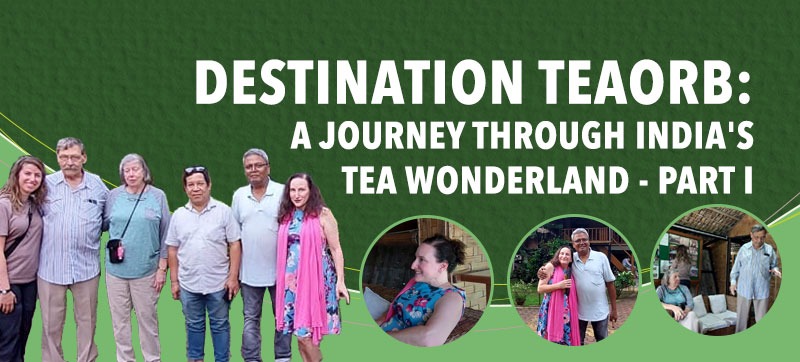
Welcome to "Destination TeaOrb," a series that takes you on an immersive tea adventure through the enchanting landscapes of India. It showcases the content shared by Cathy Roach and curated by the Teaorb team. Join us as we delve into the captivating memoirs of Cathy and her companions from Texas during their exhilarating tea tour in India. In this first installment, we delve into the captivating world of Singpho Heritage Tea, Heritage Tea Company, and Hookhmol Tea Company.
Exploring the Heritage Tea Company: A Glimpse into India's Tea Culture
India is renowned for its rich tea culture, and one of the places where this culture truly thrives is the city of Dibrugarh. During my recent visit to Dibrugarh, I had the opportunity to explore the Heritage Tea Company, a fascinating establishment that offers a glimpse into the world of tea production and the art of blending. From the vast tea fields to the intricacies of tea processing, my experience at the Heritage Tea Company was nothing short of enlightening.
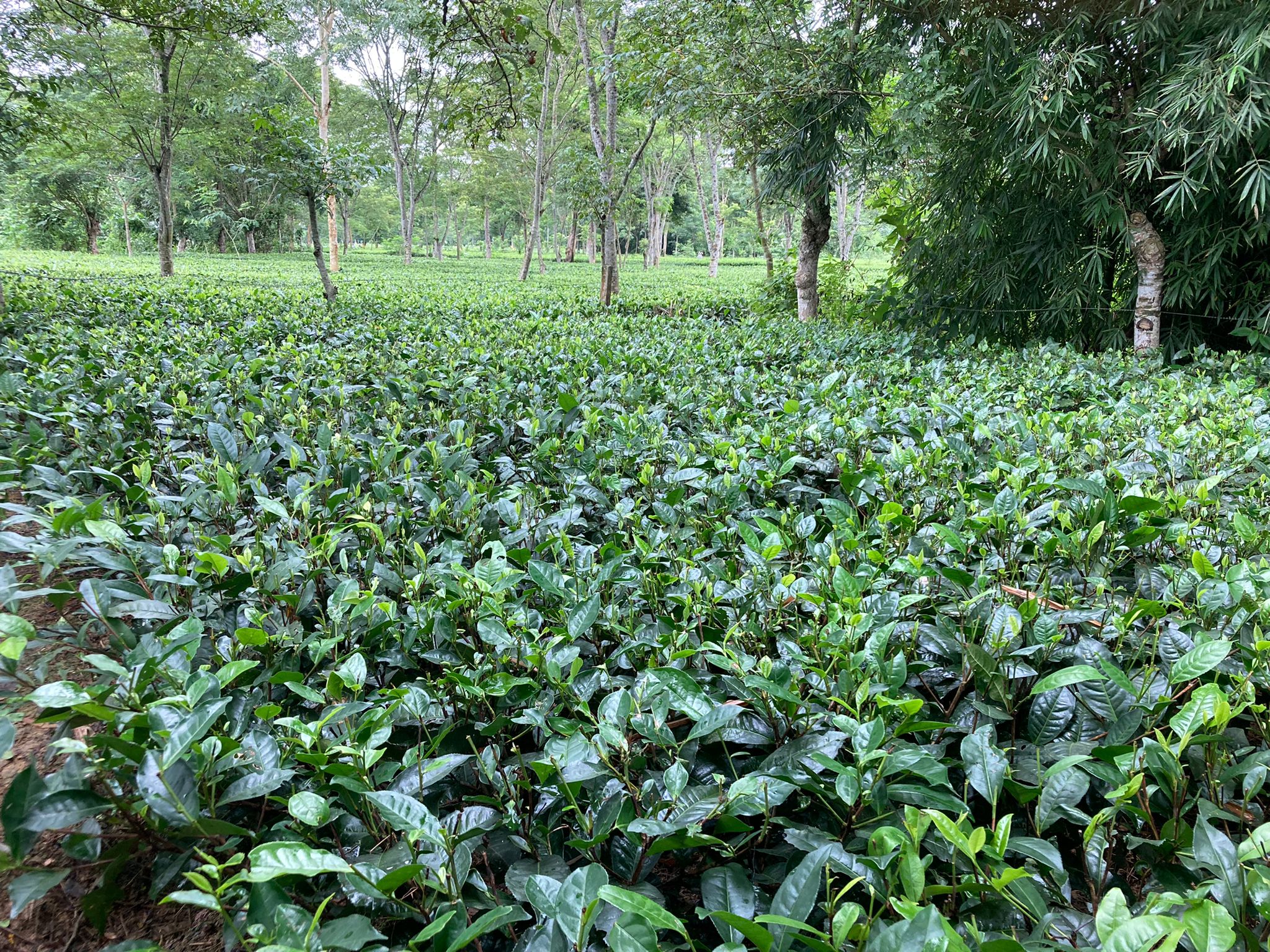
Heritage Tea Company - A Tapestry of Flavors
Arrival at the Dibrugarh Airport:
As I stepped off the plane and made my way through the bustling crowd, I quickly realized that I stood out as one of the few foreigners. A friendly lady named June approached me, recognizing that I was part of a tea tour group. Little did I know that her recognition was due to the fact that we were the only ones with fair complexions amidst a sea of locals. Together, we embarked on a journey that would reveal the secrets of Dibrugarh's tea heritage.
Tea Fields as Far as the Eyes Can See:
The drive from the airport to the Camellia Guest House was an awe-inspiring experience. On both sides of the road stretched seemingly endless tea fields. Assam, the region in which Dibrugarh is located, boasts an impressive 304,999 hectares of land dedicated to tea cultivation. With over 800 tea gardens, it is no wonder that the tea industry employs 20% of the local population. A peculiar sight in these tea gardens was the presence of large trees interspersed among the tea bushes. These trees, with their airy canopies, serve multiple purposes, providing shade for the tea workers and moisture for the tea bushes.
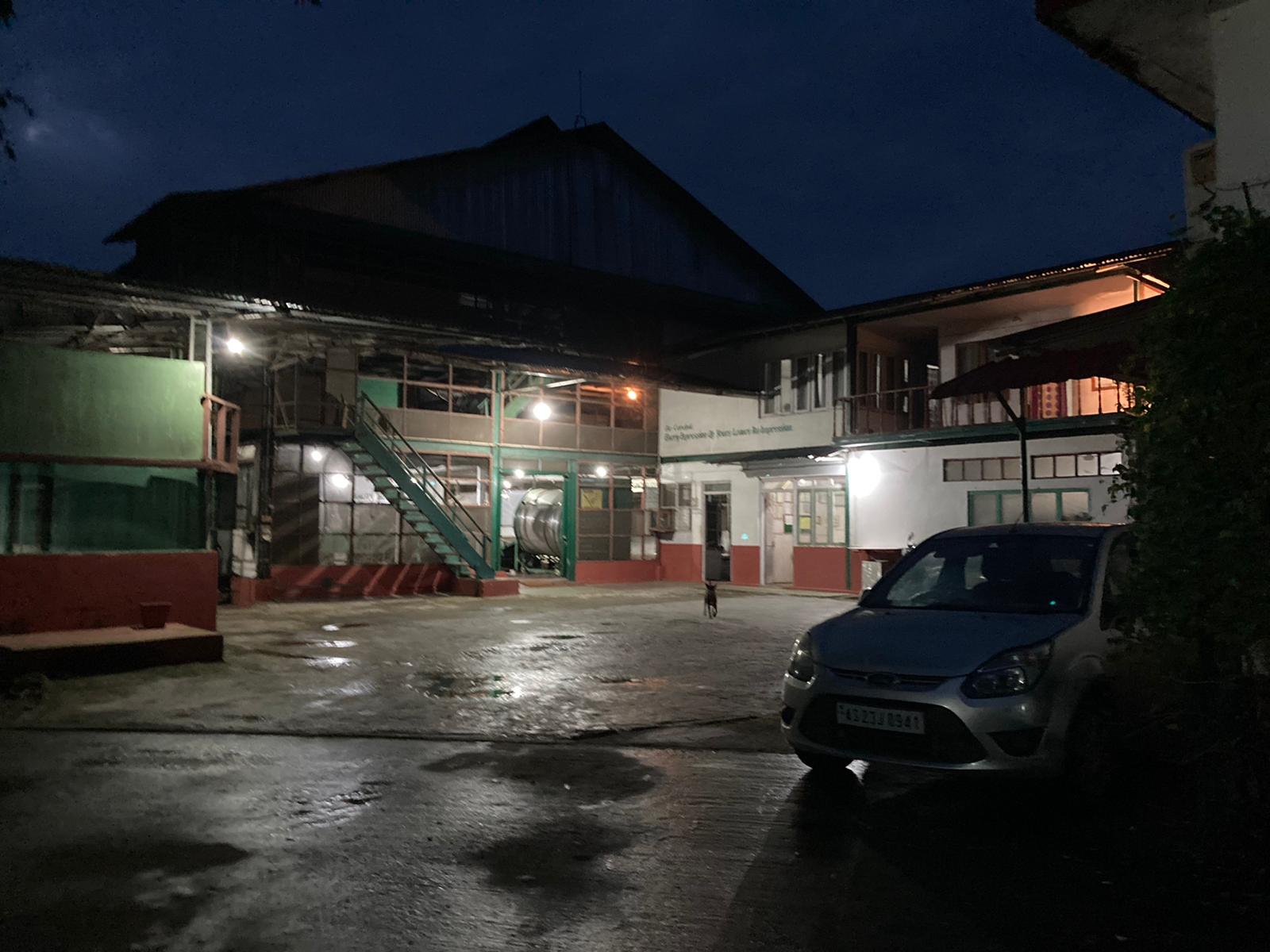
Exploring the Heritage Tea Company Factory:
After settling into the Camellia Guest House, I was invited to visit the Heritage Tea Company Factory, located conveniently next door. The factory, started by Rajen Baruah 12 years ago, has become a family business with his son Ishan now heavily involved. Rajen's extensive experience in the tea industry, spanning almost three decades, has honed his refined sense of taste. His dedication to improving the quality of local tea gardens through natural processes is truly admirable.
Tea Processing and Blending:
Inside the factory, I witnessed the tea processing techniques firsthand. Rajen proudly demonstrated the tea rolling machine, a device invented by a Scottish man named William Jackson in the 1870s. This green and chrome monster tirelessly ground withered tea leaves to produce black specialty tea. After oxidizing, the tea leaves were placed in a massive gas-fired dryer. The final batch of tea had a wild appearance, with large leaves and stems. Rajen skillfully used a sieve to ensure that the leaves reached the desired size for loose-leaf tea, meeting customers' expectations. Additionally, Rajen showcased his talent for creating unique blends. The Heritage Tea Company specializes in using local herbs, such as Tulsi, mint, Moringa, and ginger, along with dried flowers like rose petals, blue pea flower, marigold, and lemon. Spices sourced from the hills of Arunachal added an exquisite touch to the blends. The commitment to quality was evident, as Rajen used only the best grades of tea for these blends, including the immensely popular masala chai.
Commodity Tea and CTC Processing:
Aside from specialty blends, the Heritage Tea Company also produces commodity tea. In India, this refers to CTC-processed black tea, typically consumed with milk and sugar by the majority of Indians. Rajen showcased the various cutting rollers that break down the tea leaves, transforming them into tiny pellets bursting with flavor. Further oxidation of the tea pellets occurs before they are subjected to heat, resulting in dried pellets of different sizes, as well as fannings and dust. This process ensures that the tea is ready to be brewed into a satisfying cup enjoyed by tea enthusiasts across the country.
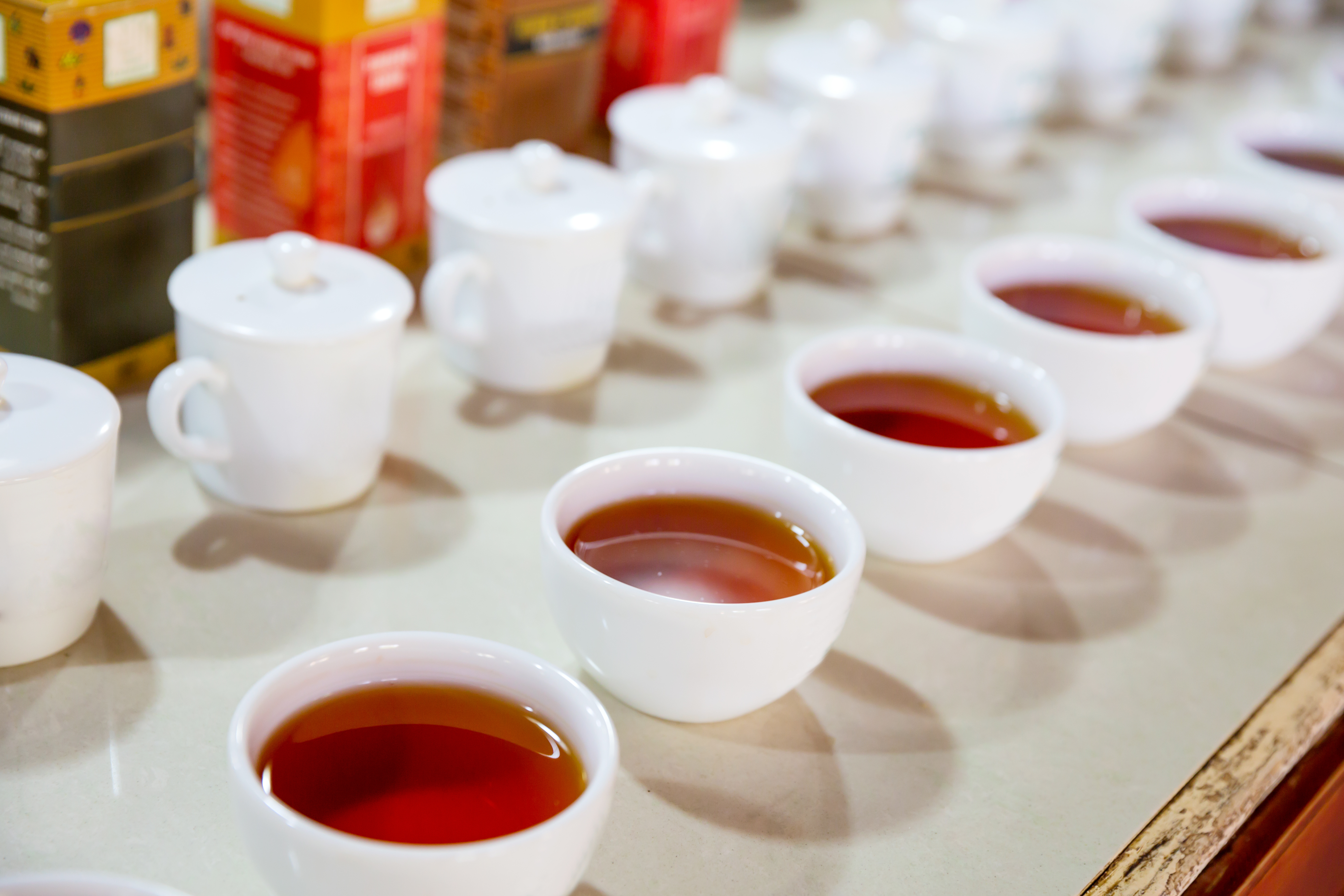
To truly appreciate the flavors and nuances of the teas produced at the Heritage Tea Company, a tasting session was arranged. The distinctiveness of each blend was evident as we savored the delightful concoctions. From the aromatic masala chai to the captivating oolong tea, every sip transported us deeper into the world of Indian tea.
The Significance of Oolong Tea:
One particular tea that caught my attention was the oolong. Unlike its green counterparts, oolong tea undergoes a lengthy and intricate process. The leaves are lightly steamed, hand-rolled, and partially oxidized. This meticulous process is repeated, enhancing the tea's complexity and depth of flavor. Finally, the leaves are carefully dried, resulting in a beautifully crafted oolong tea.
Visiting the Heritage Tea Company not only provided insights into the tea production process but also highlighted the importance of preserving India's tea heritage. Rajen's dedication to working with local tea farmers, his emphasis on natural processes, and his commitment to producing high-quality teas all contribute to the sustainability and growth of the industry.
My visit to the Heritage Tea Company in Dibrugarh was a memorable and enlightening experience. From the sprawling tea fields to the intricacies of tea processing, I gained a deeper appreciation for the artistry and craftsmanship involved in producing exceptional teas. The dedication of Rajen and his family to their craft is evident in every sip of tea brewed at the Heritage Tea Company. If you ever find yourself in Dibrugarh, I highly recommend exploring this hidden gem and immersing yourself in India's rich tea culture.
To delve further into my experience at the Heritage Tea Company, you can find the full information here
Unforgettable Tea Adventures at Heritage Tea Company - Dibrugarh
Embarking on a tea-themed adventure in Dibrugarh, India, we had the privilege of visiting the renowned Heritage Tea Company. Little did we know that this trip would hold some of the most remarkable and cherished experiences we've ever had. From dressing up in traditional Indian attire to making our own tea, every moment was infused with cultural immersion and warm hospitality. Join us as we share the unforgettable memories we made at Heritage Tea Company.
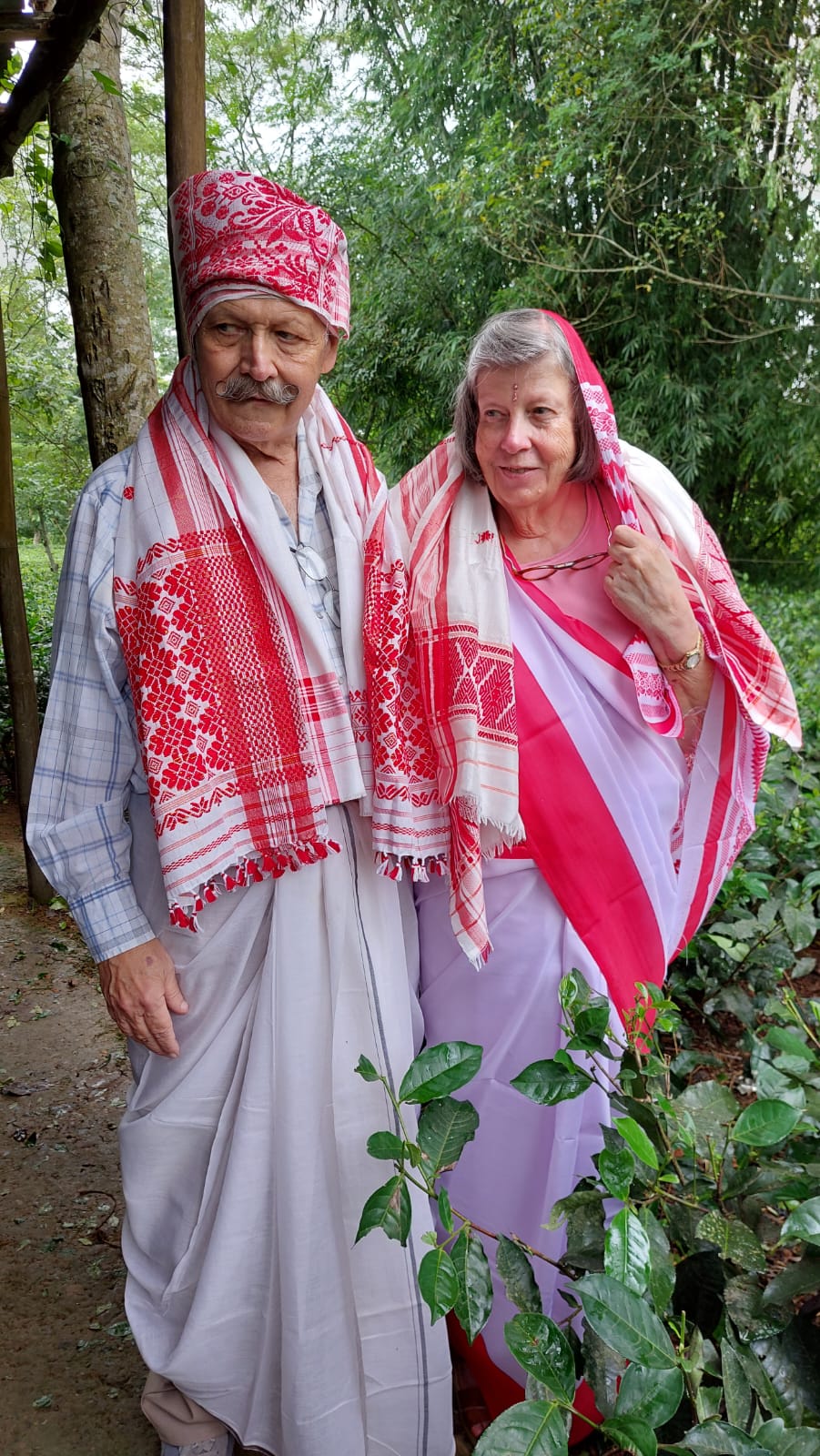
Dressing up in Tradition:
Upon our arrival, we were graciously welcomed by Rajen and June Baruah, the owners of Heritage Tea Company. In a delightful surprise, June had purchased a beautiful saree for me and traditional Indian men's clothing for my companion, Gary. We eagerly embraced the opportunity to dress up and captured some incredible photos. The saree, wrapped with skillful pleats, instantly transported me back to my childhood memories of the church in Pasadena, Texas. We were fascinated by the tradition and attention to detail in Indian attire.
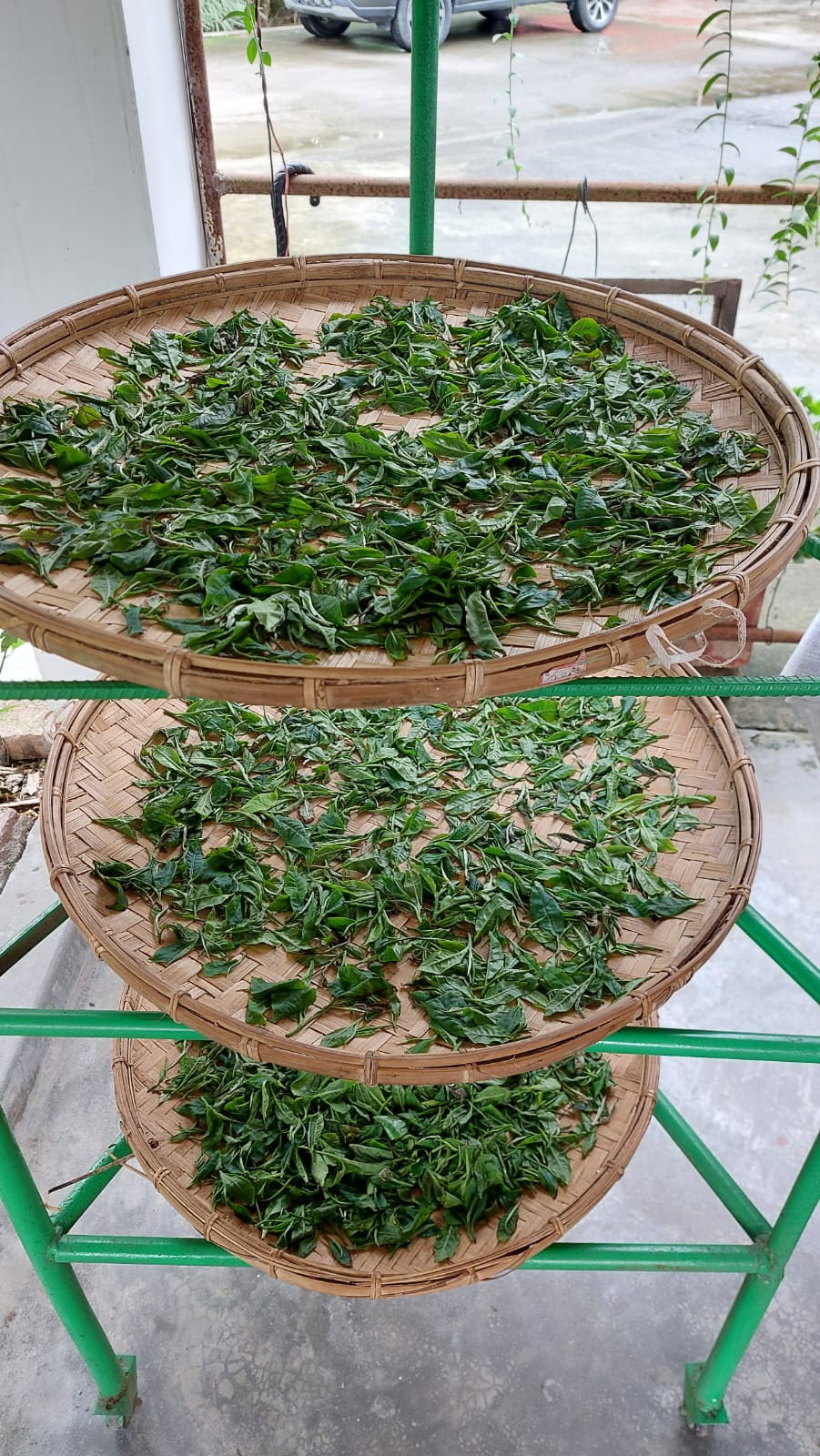
Exploring Saikia Tea Farm:
With our spirits high and adorned in our traditional outfits, we set off to explore the Saikia Tea Farm. Rajen sourced fresh tea leaves from this garden for his tea production. As we wandered through the tea bushes, we discovered a shed where tea pluckers were hard at work. A friendly tea-plucking lady graciously assisted me in wearing the saree properly, while the guys helped Gary don a dhoti, a traditional attire for male villagers. It was an incredible sight to behold as we embraced the essence of life on a tea field.
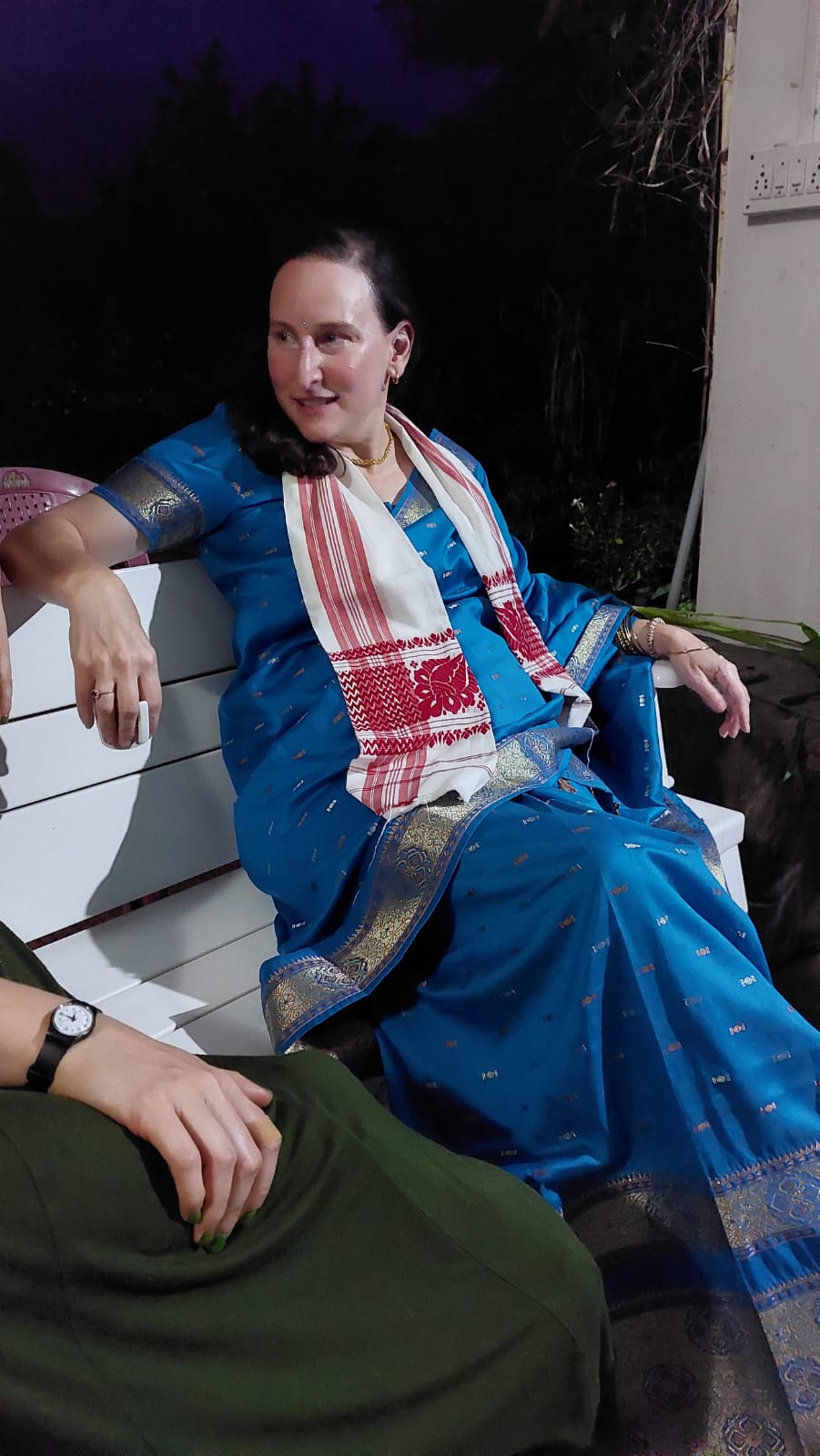
Gamusa and Heartfelt Connection:
The surprises continued as Mr. Arun Saikia, the owner of the tea gardens, presented us with gamusas. These woven scarves, symbolic of friendship and respect, hold a special place in Assam's culture. Arun informed us that his wife personally crafted the gamusas, making them even more meaningful. These beautifully woven pieces now serve as lasting mementos of our time at Heritage Tea Company and the genuine connections we formed with the Baruah family.
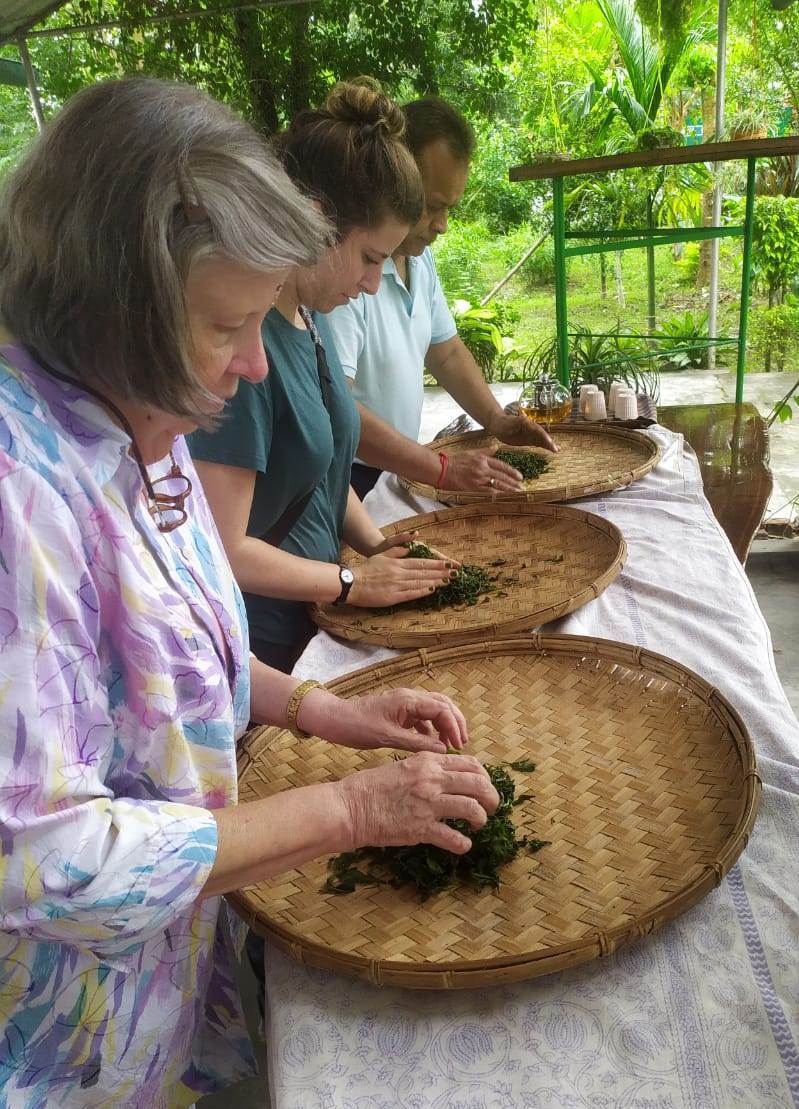
Handcrafting Our Own Tea:
Our tea adventure took an exciting turn when we were invited to make our own loose-leaf black tea. With Rajen and June's guidance, we withered tea leaves from the Saikia Tea Garden on large woven trays. Sabina, a skilled tea worker, demonstrated the rolling process, and we eagerly followed suit. The repetitive motion and hard work left us perspiring in the humid Indian weather, but the sense of accomplishment was unparalleled. As our rolled tea leaves were arranged for oxidation, we knew our efforts would soon be rewarded with a unique tea-tasting experience.
The eagerly anticipated tea tasting arrived, and this time, it was different. We were about to savor the fruits of our labor. Our handmade tea leaves were individually prepared and carefully dried. Guided by Ishan, Rajen's son, we embarked on a delightful tasting session. Each sip revealed distinct flavors and aromas. While my tea had a bitter taste, Gary's tea stood out with its vibrant flavor, clear color, and enticing aroma. It was a moment of triumph and pride. Ishan thoughtfully packaged and labeled our teas, ensuring we could bring these special blends home.
Farewell, but Not Forgotten:
As our tea adventure drew to a close, we bid a heartfelt goodbye to the Baruah family. The warmth and kindness they showed us will forever remain etched in our hearts. Before leaving, we couldn't resist purchasing bags of Masala Chai from their shop on the street, ensuring we could savor a piece of Heritage Tea Company whenever we desired. With our bags of aromatic tea and hearts full of gratitude, we captured one last photo with Rajen in front of his beloved Heritage Tea Company Factory.
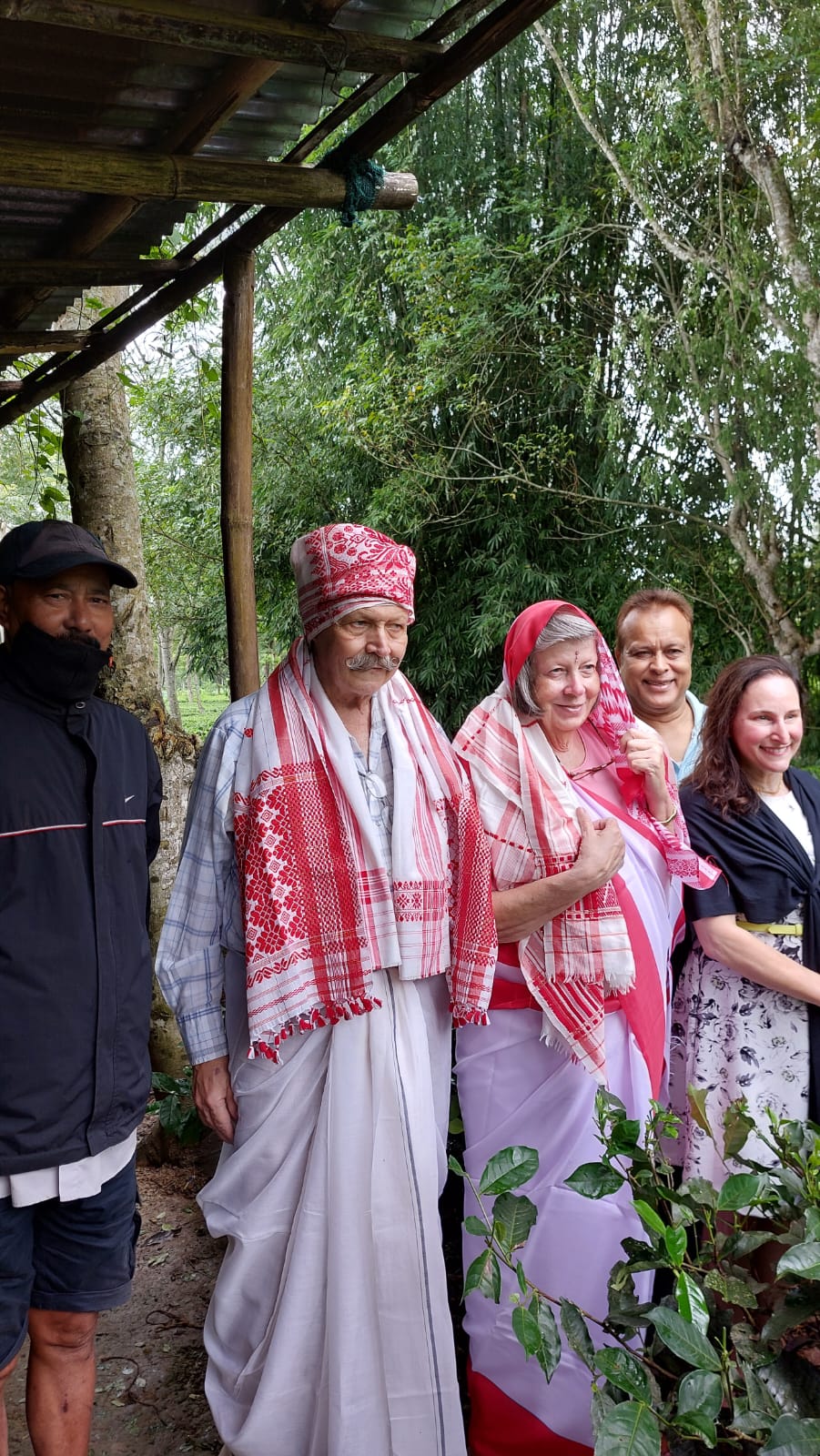
As we reluctantly departed from our newfound friends, we couldn't help but reflect on the incredible memories we had created at Heritage Tea Company. From donning traditional Indian attire to crafting our own tea, every moment had been a testament to the rich tea culture and the warmth of the Baruah family.
The journey continued as we embarked on the next leg of our 10-day tea adventure, heading towards another tea factory. Yet, a part of us longed to linger a little longer in Dibrugarh, surrounded by the beauty of tea gardens and the hospitality of the people.
Back home, we unpacked our bags, taking out the carefully labeled bags of our handmade tea leaves. Each cup we brewed would serve as a reminder of the unique experience we had at Heritage Tea Company - the taste of hard work, the aroma of friendship, and the essence of Assam's tea heritage.
As we sip our homemade tea, we can't help but feel an overwhelming sense of gratitude for the Baruah family and the incredible hospitality they showed us. They not only opened their doors but also their hearts, leaving an indelible mark on our tea-loving souls.
Our visit to Heritage Tea Company in Dibrugarh was a tapestry of unforgettable moments. From the joy of dressing up in traditional attire to the pride of handcrafting our own tea, we were immersed in the beauty and tradition of Indian tea culture. The Baruah family's warmth and generosity made us feel like treasured guests, and the memories we made will forever be cherished.
To read a more detailed account of our tea adventures at Heritage Tea Company, you can access the PDF version of our journey here. Join us as we relive the magic of Heritage Tea Company and immerse ourselves in the world of tea, tradition, and heartfelt connections.
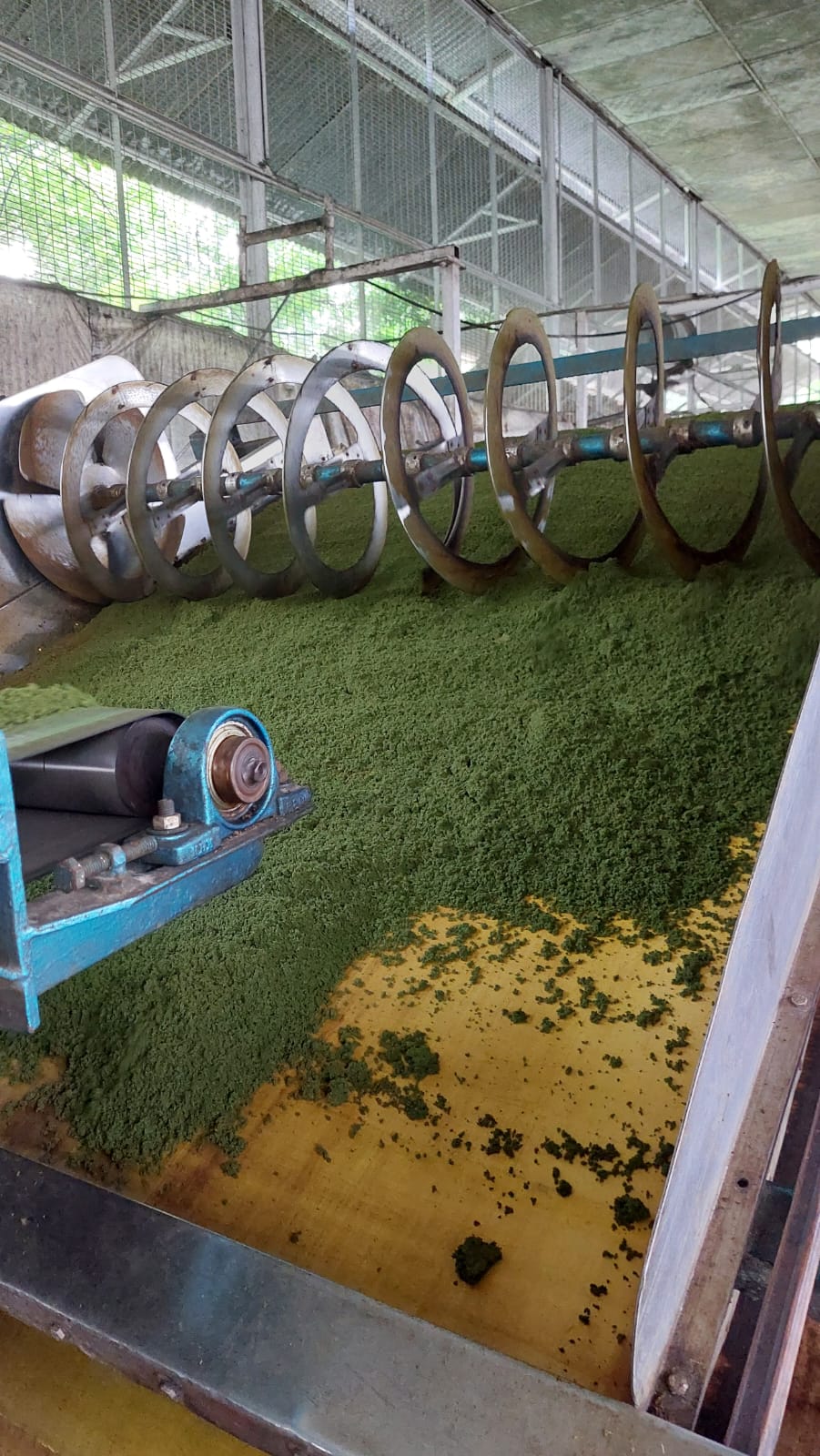
Discover the Exquisite World of Hookhmol Tea Company
If you're a tea enthusiast, you'll be delighted to learn about the fascinating story of Bhaskar Hazarika and his Hookhmol Tea Company. Situated in Dibrugarh, Assam, this tea factory has been making waves in the industry with its award-winning CTC Hookhmol tea. In this blog post, we'll take you on a journey through Bhaskar's tea empire and provide a glimpse into the meticulous tea production process.
Hookhmol Tea Company - Where History Brews
A Tea Connoisseur's Dream:
Bhaskar Hazarika, the director of L K Tea Company, is a true visionary. His dedication to crafting high-quality tea has earned him a well-deserved reputation in Assam's tea world. Despite his busy schedule, he graciously took the time to serve us tea in his traditional bamboo tearoom, a serene oasis in his backyard. The tea he served us was none other than his own creation, the Hookhmol tea, which consistently ranks among the top 2-3% at auctions. It was evident that Bhaskar's commitment to excellence permeated every sip.
From Silicon Valley to Tea Gardens:
Bhaskar's journey into the tea industry was unexpected. Having pursued an engineering degree in the United States and worked in the fast-paced Silicon Valley, he never anticipated becoming a tea entrepreneur. However, in 2009, his father established a tea garden and called upon Bhaskar to return to India. Eager to take on the challenge, Bhaskar embarked on a mission to establish his own tea factory. Despite the arduous four-year process of navigating bureaucratic hurdles, he persevered, acquiring tea gardens and honing his craft. His initial attempts at tea production may not have been exceptional, but Bhaskar's determination paid off, as his Hookhmol tea now reigns supreme.
Reforming Assam's Tea Industry:
Bhaskar Hazarika is not content with resting on his laurels. As a forward-thinking entrepreneur, he envisions a future where India's tea industry transcends the boundaries of commodity tea. He firmly believes that the country has the potential to produce exceptional teas beyond what is traditionally known. With this vision in mind, he continues to work tirelessly towards reforming Assam's tea industry, setting new standards for quality and innovation.
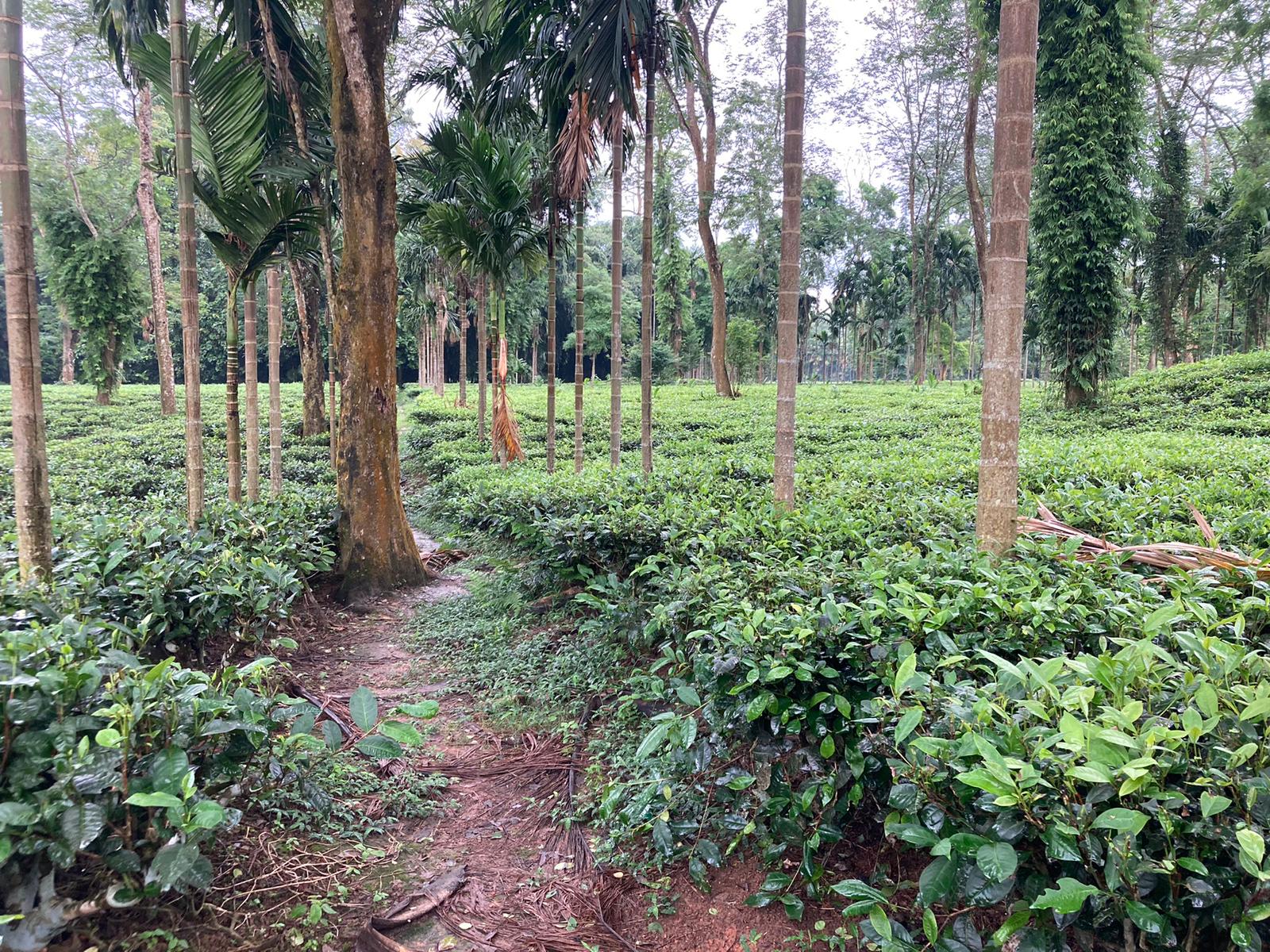
The Art of Tea Production:
To truly appreciate the excellence of Hookhmol tea, one must understand the intricate tea production process that takes place in Bhaskar's factory. From the moment the tea leaves are plucked in the gardens to the final packaging, every step is carefully orchestrated to ensure the utmost quality. In the PDF version of this blog post, you'll find captivating photos that bring the process to life. From withering the leaves to crushing and tearing them, followed by oxidation and drying, the journey of tea leaves is a symphony of craftsmanship.
Bhaskar Hazarika's Hookhmol Tea Company stands as a testament to the passion and dedication of a true tea connoisseur. Through his relentless pursuit of excellence, he has placed Assam's tea industry on the global map.
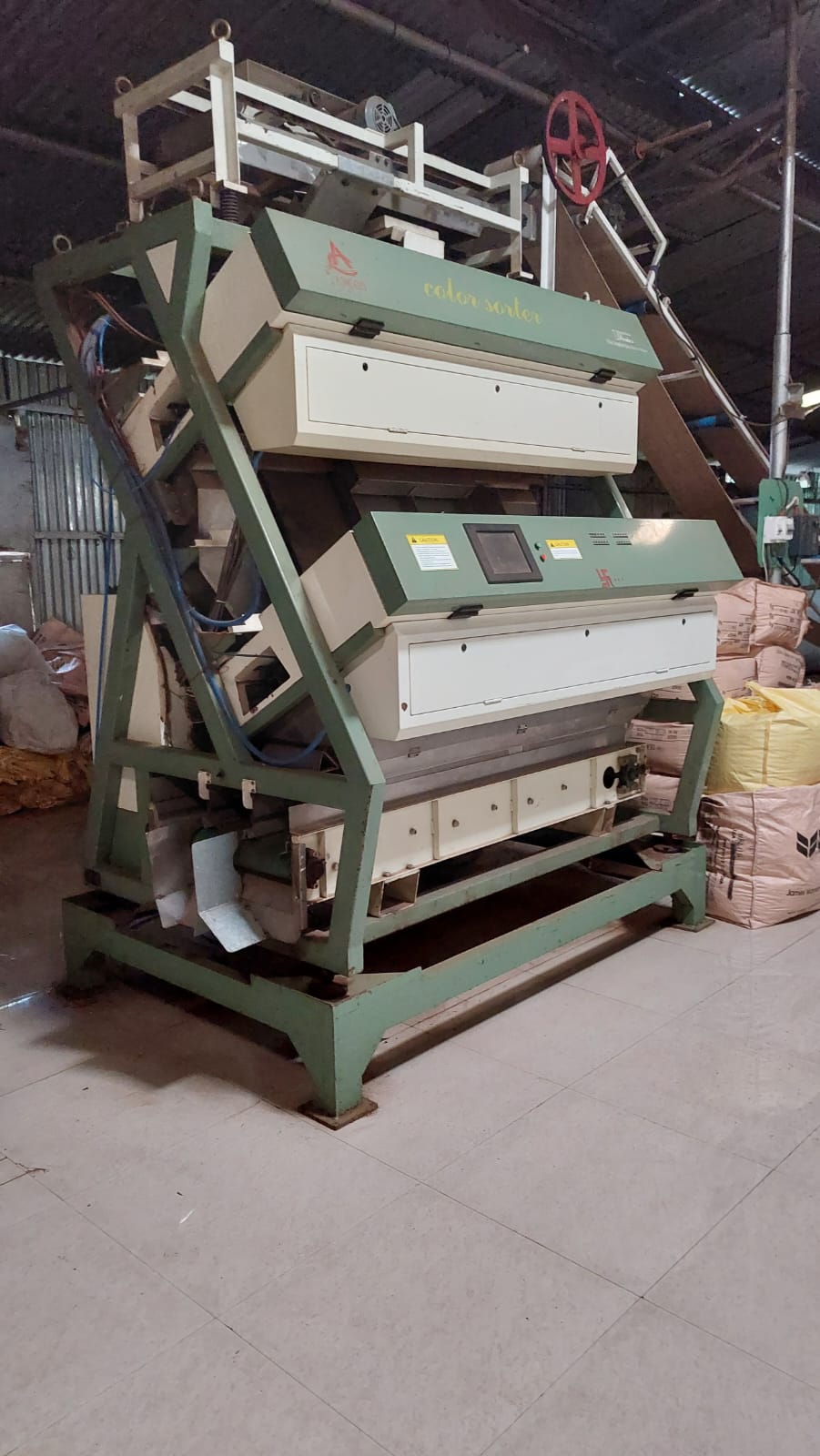
Bhaskar's factory, located in Dibrugarh, is a bustling hub of activity. The process begins with the diligent tea pluckers who gather fresh leaves from the gardens. While Bhaskar employs some permanent workers, most of the tea pluckers are short-term employees. The freshly plucked leaves are then taken to an area outside the factory, where they are fluffed and spread into withering troughs. This initial step prepares the leaves for further processing.
Once withering is complete, the soft and pliable leaves are carefully bagged and attached to a conveyor belt, which transports them inside the factory. At this stage, a worker perched atop a large funnel deposit the leaves, which are then pushed into a rotorvane machine. The leaves move along a conveyor belt equipped with spreaders, initiating the CTC (Crush, Tear, Curl) process.
As the leaves progress, they encounter a series of sharp rollers that crush and tear them, resulting in a semi-mushy consistency. In most factories, including those using CTC processing, the roller machine then shapes the leaves into small pellets. However, Bhaskar takes a different approach. He prefers to maintain a more traditional appearance, shaping his tea into small, flat shards.
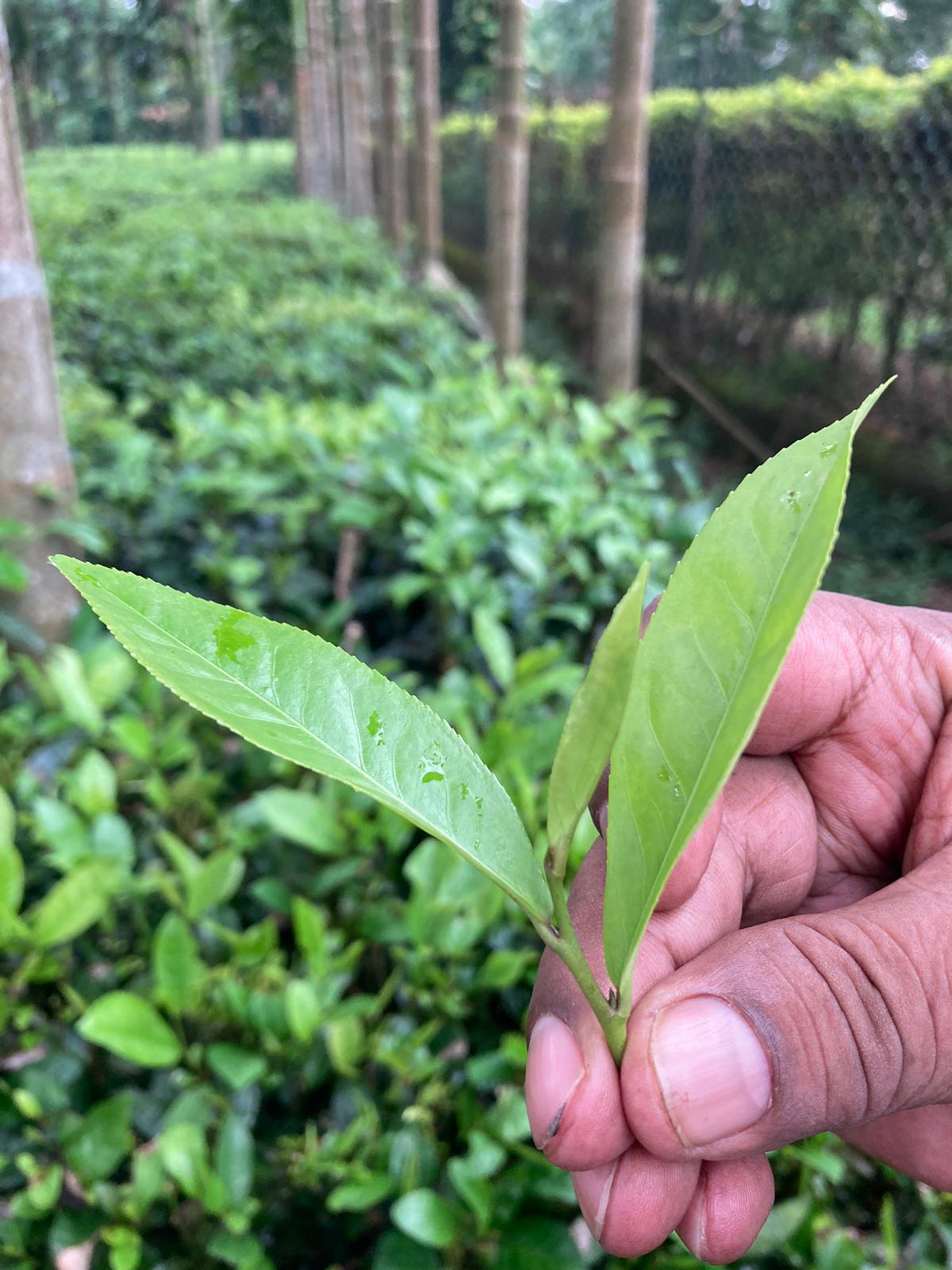
The next phase takes the tea leaves to the continuous oxidation machine, where they undergo a transformation. Gradually, the leaves turn from green to brown as oxidation takes place. Following oxidation, the tea moves onto the big dryer, where excess water is removed, and the leaves are dried to perfection. This crucial step ensures that the tea is properly processed and ready for packaging.
At this point, the dried tea leaves assume various sizes, ranging from fine dust to larger pieces. To ensure consistency and quality, the tea goes through a sorting process. A sophisticated sorter equipped with vibrating screens segregates the tea into four distinct grades, from dust to BOP (Broken Orange Pekoe). Along the conveyor belt, small troughs with bags beneath them collect the sorted tea, ensuring accurate classification.
Depending on the desired end product, the different grades of tea can be packaged separately or blended to create unique flavors and profiles. Bhaskar highlights that one popular blend among consumers is a combination of BOP (the highest and biggest grade) and Dust (the lowest and smallest grade), preferred by many tea lovers due to its quick infusion and robust flavor.
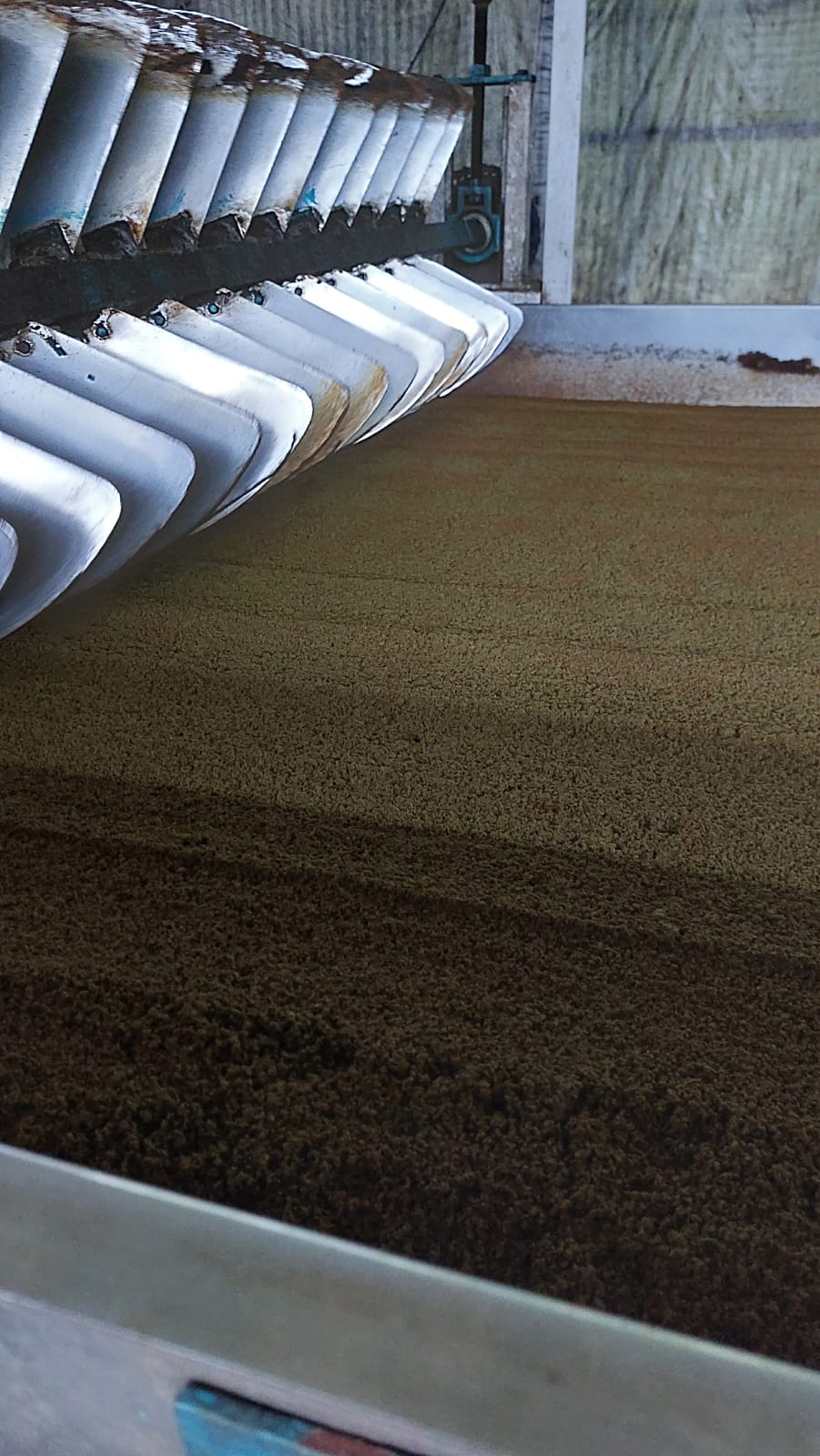
Finally, the tea is carefully funneled or shoveled into bulk bags, ensuring accurate measurements before storage and shipment. Bhaskar recognizes the importance of streamlining the packaging and weighing process, and he is currently expanding his factory to make it more efficient.
Bhaskar Hazarika's Hookhmol Tea Company exemplifies the dedication, innovation, and artistry that goes into crafting exceptional teas. From the moment the leaves are plucked to the final packaging, every step in the process is meticulously executed to create the renowned Hookhmol tea. If you're eager to embark on a visual journey through the tea production process, we invite you to explore the captivating PDF version of this blog post here. Prepare to be enthralled by the sights and secrets of one of Assam's finest tea factories.
"In every cup of Assam tea, there is a tale waiting to be discovered, a story that lingers on your palate and warms your heart." - Cathy, Texas
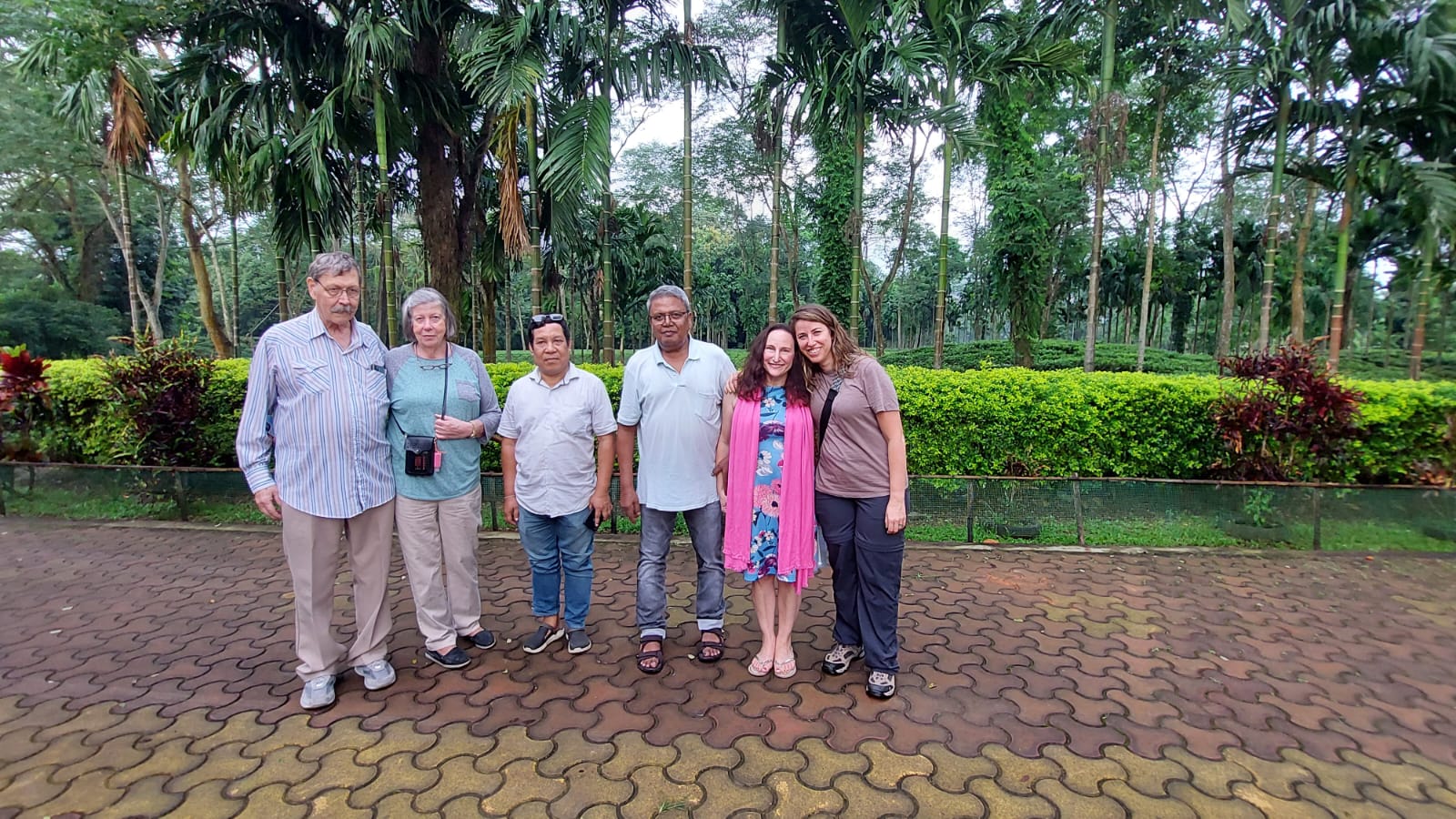
Exploring the Rich History of Singpho Heritage Tea
Tea has been an integral part of Indian culture for centuries, but did you know that one of the earliest tea-drinking tribes in India is the Singpho? The Singpho tribes have a long-standing tradition of using tea for medicinal purposes. In this blog post, we delve into the fascinating history of Singpho Heritage Tea and its significance in the tea industry.
Singpho Heritage Tea - Where Tradition Meets Excellence
Discovery and Early Days:
In 1823, Robert Bruce encountered the Singpho tribe and learned about their unique tea culture. He obtained seeds of the wild tea plant, which he believed to be similar to the Chinese tea plant, Camellia Sinensis. Robert's brother, Charles, continued their quest after Robert's passing. Guided by Maniram Dewan, the first commercial Indian tea planter in Assam, the Bruce brothers classified this tea variety as Camellia Sinensis Assamica in the early 1830s. The first commercial production of Assam tea began at Chabua plantation in 1840, a decade before the British planted Chinese tea saplings in Darjeeling.
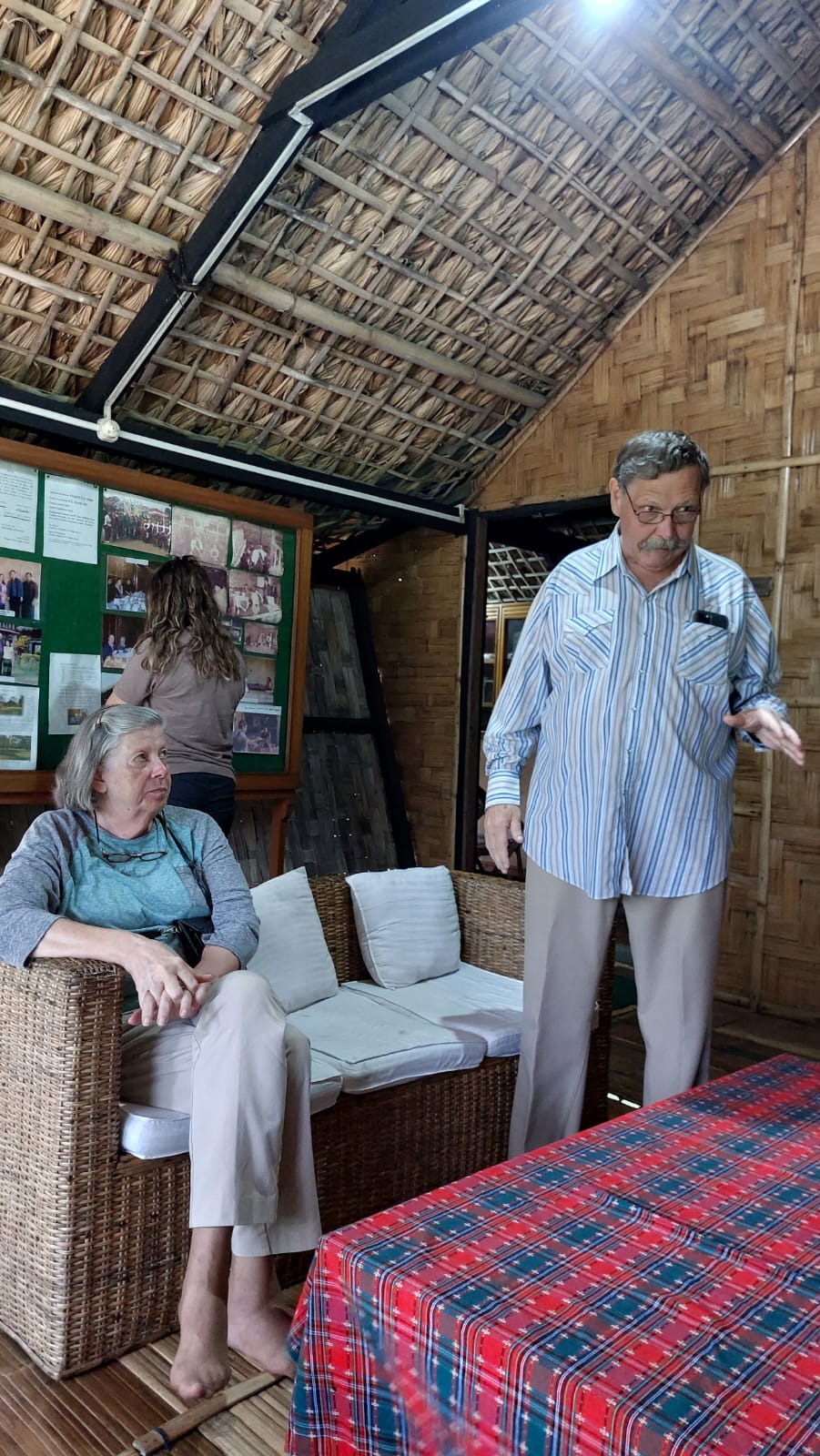
Singpho Heritage Tea, known as Phalap, is an organic tea produced from the leaves of wild tea plants. Legend has it that these plants were so tall that the leaves had to be harvested from atop elephants. Traditionally, the Singpho tribes consumed Phalap to aid digestion, cure hangovers, and assist in weight loss. The tea leaves undergo a unique processing method, including withering, roasting over an open fire, sun drying, and aging in bamboo tubes. This gives Phalap its distinctive smoky flavor.
Exploring Singpho Eco Lodge:
Located in the Inthong Village of Tinsukia, Assam, Singpho Eco Lodge offers a delightful getaway for visitors interested in experiencing the Singpho tea culture firsthand. The lodge, surrounded by the beauty of the jungle, provides a charming traditional setting with bamboo huts and a thatched roof. Guests can enjoy authentic tribal food, prepared without oil or fat, and seasoned with traditional spices and herbs. The lodge is also adjacent to a tea garden, where visitors can witness the cultivation of the Assamica variety and observe the difference between Chinese and Indian tea leaves.
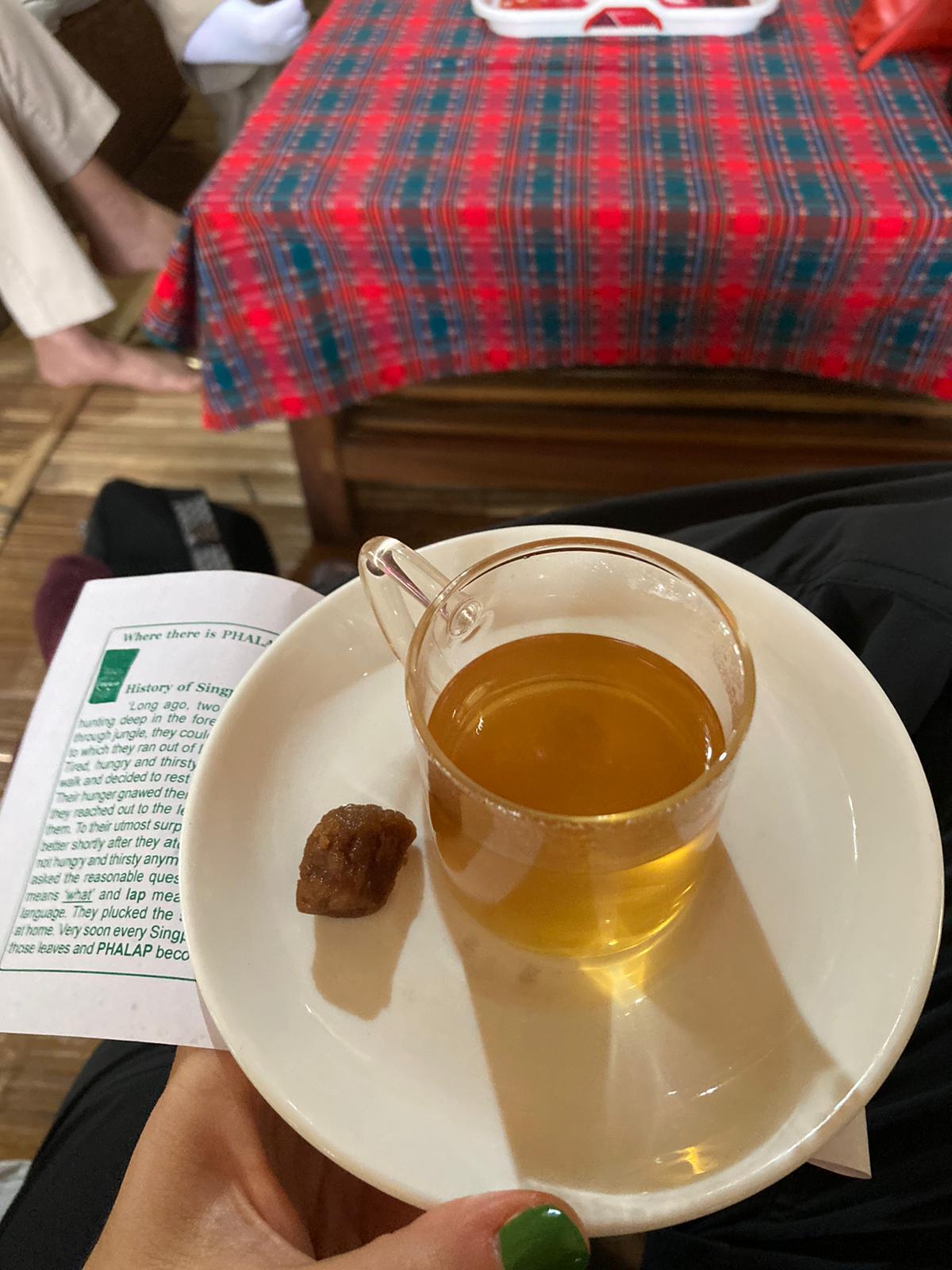
The Tea Tasting Experience:
During a visit to Singpho Eco Lodge, we had the pleasure of tasting cups of the flavorful Phalap tea. Its light smoky and slightly sweet flavor distinguishes it from Chinese Lapsang Souchong. Served with a piece of jaggery, a natural sweetener, the tea's taste was further enhanced. Our host, Manje La, even showcased prized smoked bamboo tubes and revealed the process of smoking the tea leaves in the kitchen fireplace. To our regret, finding loose-leaf Phalap outside of India proved challenging.
The story of Singpho Heritage Tea is one of cultural richness, historical significance, and exquisite flavor. It highlights the early exploration of tea in India and the contributions of the Singpho tribes. To delve deeper into this captivating history, be sure to read the full account in this article here.
"Walking amidst the emerald-green tea bushes felt like stepping into a living canvas of tea leaves." - Gary, Texas
The first part of our tea tour through Dibrugarh, exploring Heritage Tea Company, Hookhmol Tea Company, and Singpho Heritage Tea, left us spellbound by the history, traditions, and flavors that define this region. These destinations not only offered a glimpse into the tea-making process but also revealed the passion and dedication of the tea artisans who continue to uphold the legacy of Dibrugarh's tea heritage.
Stay tuned for the upcoming installments of "Destination TeaOrb," as we continue our journey through the captivating tea destinations of Assam, unearthing more fascinating tales and flavors that make this region a tea lover's paradise.
We hope Cathy's memoirs and our insights have ignited your curiosity and appreciation for Assam tea. Whether you're an avid tea lover or someone seeking a delightful adventure, we invite you to explore the flavors, traditions, and remarkable stories that make Assam tea a true gem.
Remember, the journey doesn't end here. Take the next step and embark on your own tea adventure, discovering the wonders of Assam tea firsthand. Let the aromatic brews and captivating tales guide you as you delve deeper into the world of tea.
So, what are you waiting for? Brew a cup of Assam tea, savor its robust flavors, and let your imagination transport you to the breathtaking tea gardens of India. Experience the magic of Assam tea, a beverage steeped in stories that will leave an indelible mark on your tea-loving soul.
Embrace the spirit of Assam tea and embark on your own tea adventure. Discover the diverse range of Assam tea offerings, explore tea estates, and indulge in the flavors that have captivated tea enthusiasts for centuries. Join us on this remarkable journey and let Assam tea enchant your senses.




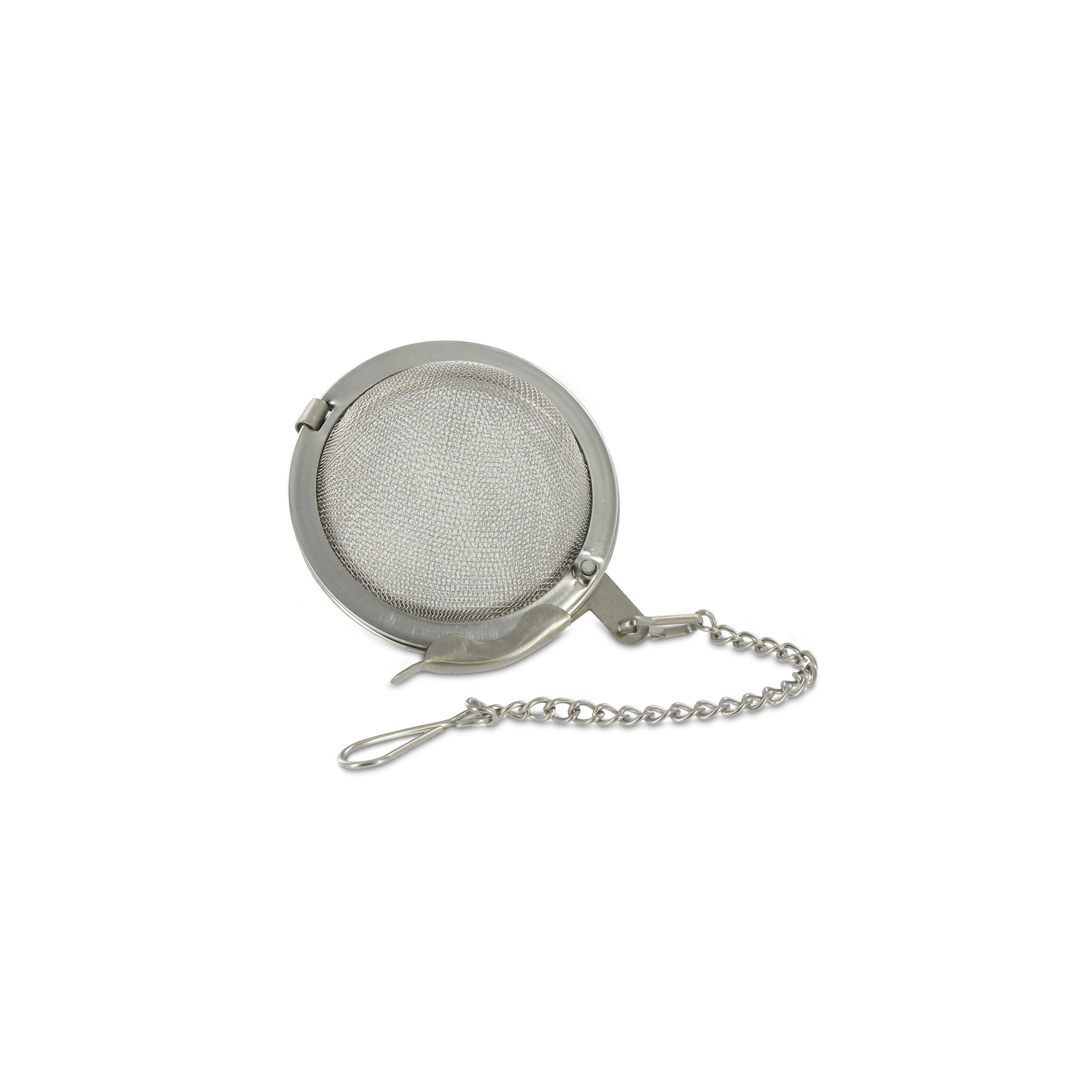
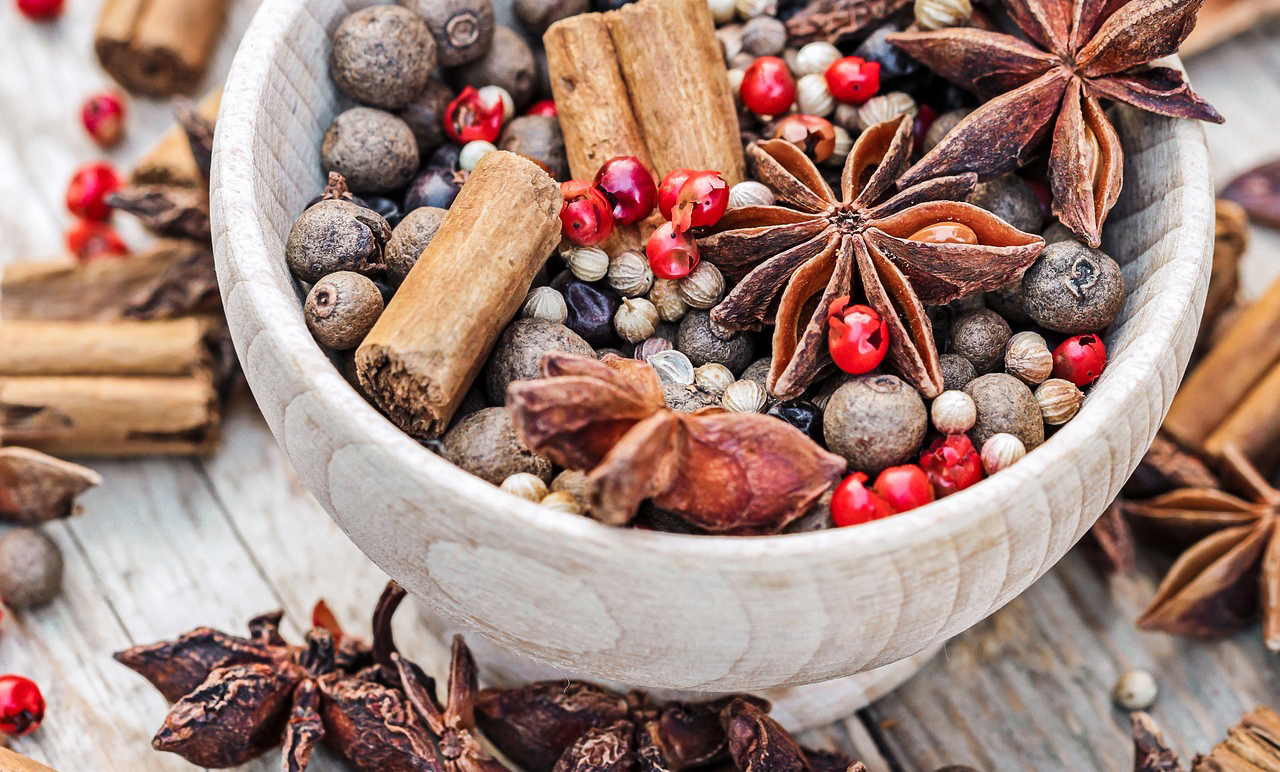



















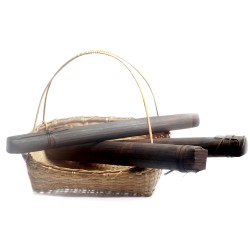
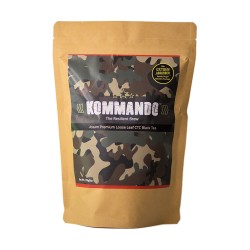





Leave a Comment